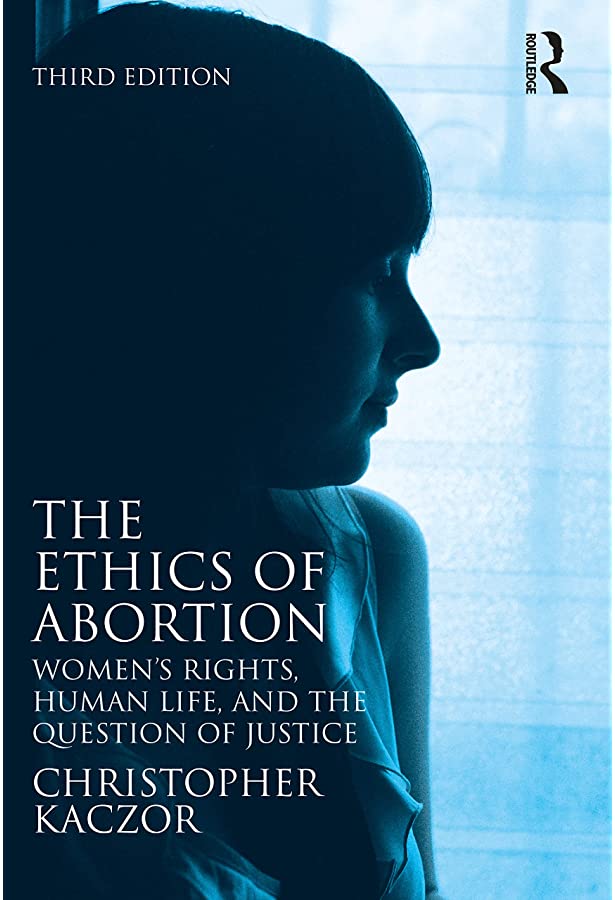The Cow Trolley Problem
You are probably familiar with the Trolley Problem, one of the most famous ethical dilemmas still being debated today. It presents a moral dilemma where a person must choose between two outcomes: diverting a runaway trolley to a track where it will kill one person or doing nothing, allowing it to kill five people. The scenario explores utilitarianism (maximizing overall good by saving more lives) versus deontological ethics (upholding moral principles, such as not actively causing harm).

Since this problem was introduced, many other variations have emerged, adding to the dilemma and making the Trolley Problem more thought-provoking in different ways. One dilemma I have found particularly interesting involves swapping the five people on the track for cows.

Here, instead of five people versus one person, the trolley is heading toward n cows and diverting it will kill one person. The value of n represents the number of cows at risk. The question then becomes, Is there a value of n cows for which you would pull the track switch, and if so, what is it?
This dilemma expands the ethical horizon and invites us to consider how we value human and animal lives. Including animals in the equation challenges us to re-examine our beliefs about moral worth, speciesism, and our ethical obligations to non-human creatures.
What is the Ethical Balance Between Animal and Human Lives
One of the core questions posed by this variation of the Trolley Problem is the comparison between human and animal lives. In the traditional scenario, the moral dilemma is framed around humans exclusively, leading many people to automatically assign higher moral worth to a person over several cows. But why should that be the case?
Philosophers like Peter Singer argue from a utilitarian perspective, suggesting that the interests of animals should be given equal consideration to humans. In his book Animal Liberation, Singer criticizes speciesism, the belief that human lives are inherently more valuable than animal lives. When faced with the dilemma of whether to kill one person or save n cows, the ethical framework changes depending on the number of cows and the value one places on sentient life.
For some, killing one person to save a large number of cows might seem acceptable, especially if those cows are seen as sentient beings capable of suffering. For others, the sanctity of human life trumps any number of animals, which brings us into deontological territory—suggesting that killing one person, even to save countless animals, is morally impermissible.
When Personal Relationships or Attributes Matter
An ethical dilemma such as this is rarely solved in black-and-white terms. The Trolley Problem …
Read the full article which is published on Daily Philosophy (external link)






